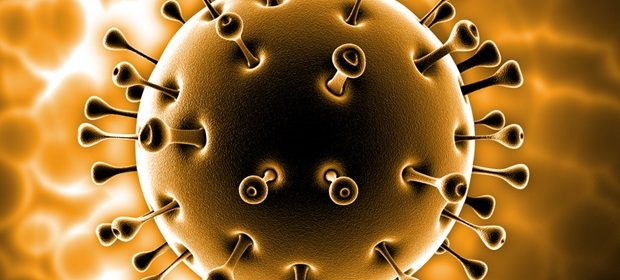Understanding the possible mechanisms of myocardial injury in patients with COVID-19

Announcing a new article publication for Cardiovascular Innovations and Applications journal.
Coronavirus disease 2019 (COVID-19), caused by severe acute respiratory syndrome coronavirus-2 (SARS-CoV-2), has rapidly become a global health emergency. In addition to causing respiratory effects, SARS-CoV-2 can result in cardiac involvement leading to myocardial damage, which is increasingly being explored in the literature.
Myocardial injury is an important pathogenic feature of COVID-19. The angiotensin-converting enzyme-2 receptor plays a key role in the pathogenesis of the virus, serving as a "bridge" allowing SARS-CoV-2 to invade the body. However, the exact mechanism underlying how SARS-CoV-2 causes myocardial injury remains unclear.
This article summarizes the main possible mechanisms of myocardial injury in patients with COVID-19, including direct myocardial cell injury, microvascular dysfunction, cytokine responses and systemic inflammation, hypoxemia, stress responses, and drug-induced myocardial injury. Understanding of the underlying mechanisms would aid in proper identification and treatment of myocardial injury in patients with COVID-19.
Compuscript Ltd
Yu, B., et al. (2023) Possible Mechanisms of SARS-CoV2-Mediated Myocardial Injury. Cardiovascular Innovations and Applications. doi.org/10.15212/CVIA.2023.0031.
Posted in: Medical Science News | Medical Research News | Medical Condition News | Disease/Infection News
Tags: Angiotensin, Cell, Coronavirus, covid-19, Cytokine, Enzyme, Global Health, Hypoxemia, Inflammation, Receptor, Respiratory, SARS, SARS-CoV-2, Severe Acute Respiratory, Severe Acute Respiratory Syndrome, Stress, Syndrome, Virus
Source: Read Full Article